Does your child…
- have speech and/or language concerns?
- have academic difficulties?
- have difficulty following directions, especially when you are at a distance?
- sometimes misunderstand or respond incorrectly to statements/questions
- have difficulty learning in school?
- watch closely to a person’s lips when he/she is talking?
- often ask for repetition?
Selecting one or more of the above, could indicate that your child might have a hearing loss.
You may be wondering:
My child passed the infant hearing screening at birth…
Studies suggest that 25-50% of children with hearing loss developed their permanent hearing loss after infancy4. Audiologists recommend children be retested before they enter JK.
My child hears fine at home…
Listening in a classroom is vastly different than listening at home. Factors such as distance, background noise and number of speakers greatly impacts the ability to accurately hear what is being said.
At school, children with hearing loss, even mild or unilateral hearing loss, have greater difficulty hearing when there is hallway noise, other students’ talking, noisy fans, or when background music is present.
In addition, it is more difficult to hear speech at a distance; sitting beside someone at the dinner table or talking to them when less than 6 feet is vastly different than listening to a teacher from 10-20 feet away.
My child speaks fine at home…
Because children with unilateral hearing loss are less likely to show speech delays, they are often not diagnosed until they are school-aged5. Even though they may appear to hear at home, having a hearing loss can significantly impact their performance at school.
Did you know?
Children with unilateral or mild hearing loss often go undetected. When left undetected, mild and unilateral hearing loss can adversely affect a child’s academic, psychosocial and language development1.
How would having a mild or unilateral hearing loss affect my child?
- difficulty functioning in complex environments (i.e. classroom)
- difficulty with sound localization
- difficulty with speech recognition in noise
- fatigue
- incidental learning (over hearing) becomes more difficult and reduces exposure to vocabulary and language
- difficulty establishing strong peer relationships and difficulty contributing to conversations in social settings
Research shows…
Almost half of children with hearing loss will experience a deterioration in their hearing during their childhood2.
According to the Ontario Infant Hearing Program, 2 out of 1000 babies are born with hearing loss. In addition, 8 out of 100 children are diagnosed with hearing loss by the time they reach adolescence, 79% in only one ear3.
What should I do now?
Getting your child’s hearing tested at birth and when they are school aged are key. Early detection is important and can make a significant impact on their speech and language abilities. Early detection and intervention can also make a significant impact on how well they perform in school and the ease to which they learn.
Next Steps:
- Contact your local audiologist and schedule an appointment to get your child’s hearing tested. The cost will depend on the clinic and will sometimes be covered by your extended health benefit plan. If cost is a concern, please contact your school for further information.
- Contact your teacher of the Deaf and Hard-of-Hearing if you have any further questions/concerns. If you are not sure who that is, ask the Special Education teacher at your school and they will connect you.
Local Audiologists*
Orangeville Hearing Clinic, 519-942-2005
Ear & Hearing Clinic, (Kitchener, Elmira, Palmerston), 1-833-669-4425
*These audiologists receive additional pediatric audiology training through the Infant Hearing Program.
1Bess, F., Dodd-Murphy, J., & Parker, R. (1998). Children with minimal sensorineural hearing loss: Prevalence, educational performance, and functional status. Ear & Hearing, 19, 339–354
2Barreira-Nielsen C, Fitzpatrick E, Hashem S, Whittingham J, Barrowman N, Aglipay M. Progressive hearing loss in early childhood. Ear Hear. 2016;37(5):e311–21.
3October 3, 2016. Health Facts Sheet, Hearing Loss of Canadians, 2012-2015. Statistics Canada.
4Watkin PM, Baldwin M. Identifying deafness in early childhood: requirements after the newborn hearing screen. Arch Dis Child. 2011;96(1):62–6.
5May 2018. Phonak Compendium. A Review of Unilateral Hearing Loss in Children.
